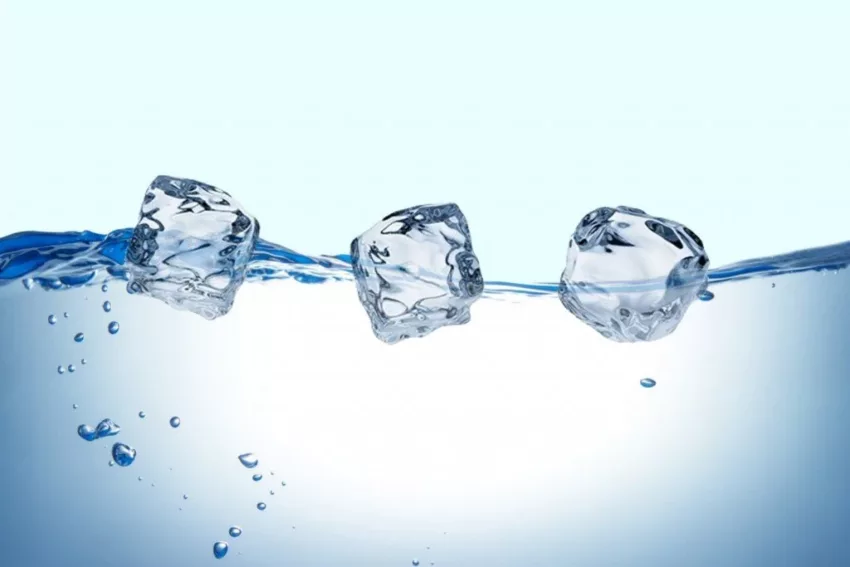Have you ever wondered why ice floats on water? It’s a fascinating phenomenon that defies the laws of nature in many ways. In this article, we will delve into the science behind this intriguing behavior and uncover the reasons behind it.
Table of Contents
The Density Mystery
To understand why ice floats on water, we need to explore the concept of density. Density is defined as the mass of an object divided by its volume. Simply put, it measures how closely packed the molecules are within a substance.
Water is a unique compound that exhibits an unusual behavior when it freezes. Unlike most substances, when water freezes, it expands and becomes less dense. This is due to the arrangement of its molecules when it solidifies, forming a crystal lattice structure with open spaces between the molecules.
The Archimedes Principle
To further comprehend why ice floats, we must turn to the Archimedes principle. This principle states that an object will float if it displaces a weight of fluid equal to its own weight. In other words, if an object is less dense than the fluid it is placed in, it will float.
Similar read: Why Earth Is Called The Blue Planet?
Applying this principle to ice and water, we find that ice has a lower density than liquid water. When water freezes, it expands and becomes less dense than the liquid water surrounding it. As a result, the ice displaces an amount of water that weighs less than the ice itself, allowing it to float on the surface.
The Importance of Hydrogen Bonds
The unique ability of ice to float is primarily attributed to the hydrogen bonds present in water molecules. Hydrogen bonds are weak attractions between the positively charged hydrogen atoms of one water molecule and the negatively charged oxygen atoms of neighboring water molecules.
In liquid water, these hydrogen bonds are continuously forming and breaking, allowing the molecules to move freely. However, when water freezes, the molecules slow down and arrange themselves into a lattice structure held together by hydrogen bonds.
Similar read: Exploring The Reasons Behind Universities Banning TikTok
The formation of this lattice structure creates open spaces or voids between the water molecules, resulting in a decrease in density. These voids are responsible for the expansion of water when it freezes and give ice its unique ability to float.
FAQS
1. Why does ice float on water but other substances sink?
Unlike water, most substances become denser when they freeze. As a result, their solid forms sink in their liquid counterparts. Ice, on the other hand, defies this trend due to its unique molecular structure and the presence of hydrogen bonds.
2. Can ice sink under certain conditions?
Under extreme pressure, it is theoretically possible for ice to sink into the water. However, this occurs at pressures far beyond what is typically found on Earth. In everyday conditions, ice will always float on water.
3. Are there any implications of ice floating on water?
The fact that ice floats on water is crucial for life on Earth. Bodies of water freeze from the top down, with ice acting as an insulating layer that protects aquatic life during winter months. If ice sank, the consequences for marine ecosystems would be significant.
Similar read: Why Is India Called A Subcontinent
Conclusion:
In conclusion, the floating of ice on the water is a remarkable phenomenon that arises from the unique properties of water and the behavior of its molecules. The expansion of water when it freezes, the presence of hydrogen bonds, and the principle of density all contribute to this fascinating behavior.
- What Does the Red Heart Mean on Snapchat? - April 23, 2024
- What Is a TF Card and How Does it Work? - April 20, 2024
- 10 Best Instagram Reels Downloader in 2024 - April 17, 2024





